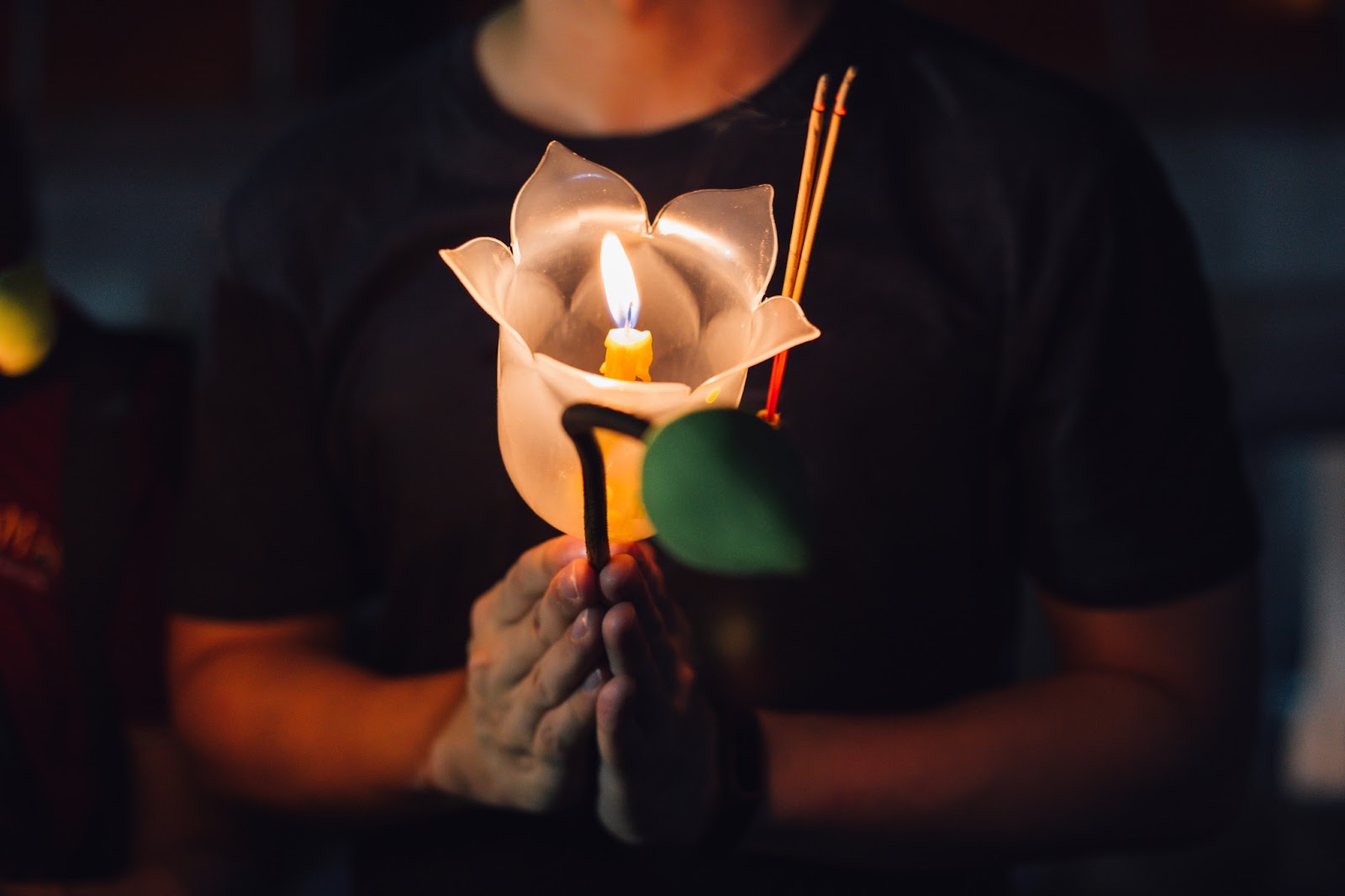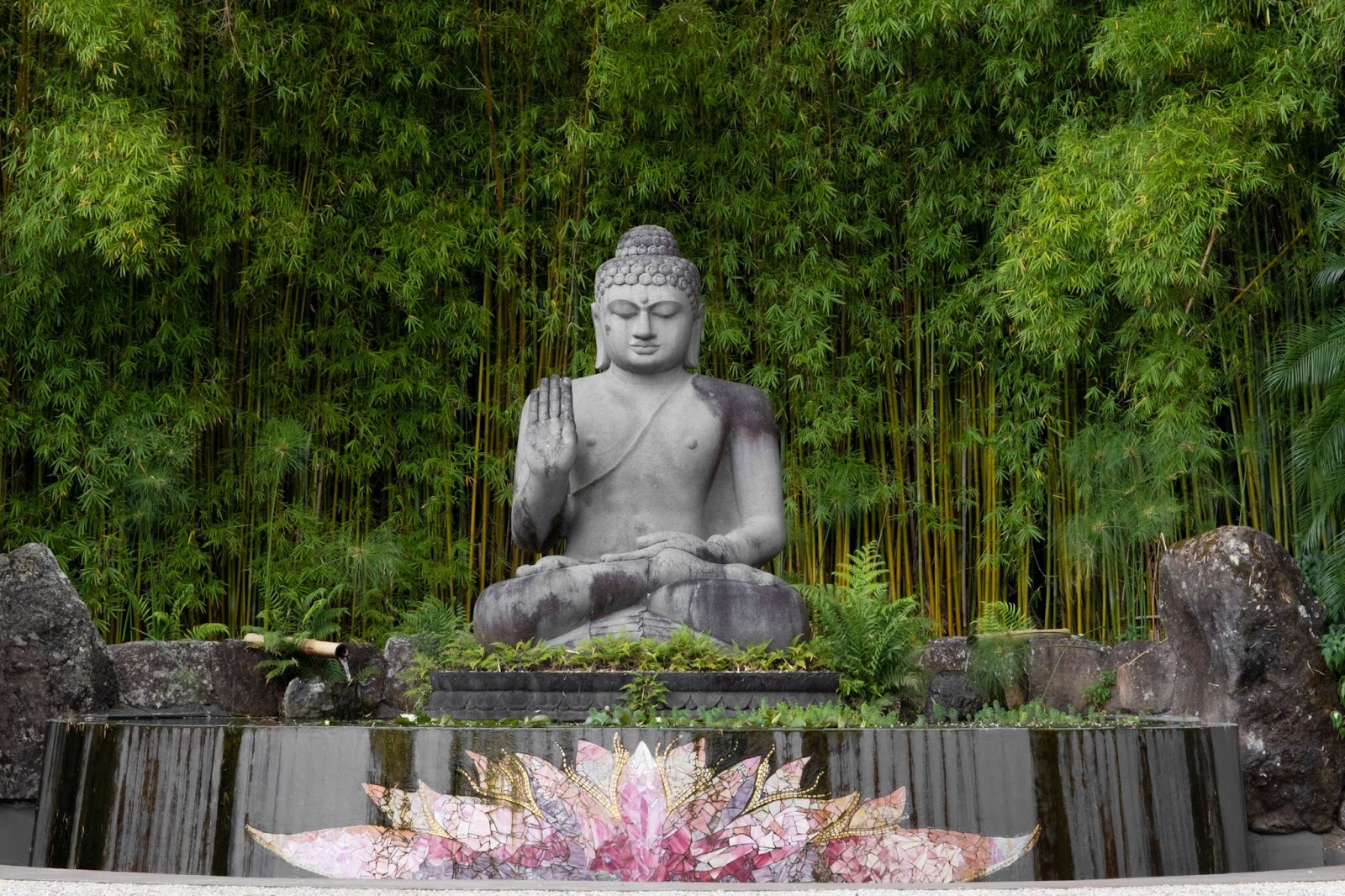The Hungry Ghost Festival (中元节) is one of the most significant cultural and religious events observed in Singapore and across many parts of Asia. Rooted in Taoist and Buddhist traditions, it falls in the seventh month of the lunar calendar, a period believed to be when spirits and ancestors return to the earthly realm. For many families, the festival is both a spiritual observance and a cultural reminder of the importance of filial piety, remembrance, and respect.
Hungry Ghost Festival (中元节) History and Origins
The Hungry Ghost Festival has its origins in ancient Chinese beliefs about the afterlife and the need to appease wandering souls. Over time, it became closely associated with Buddhist practices, which emphasize compassion for the deceased, and Taoist traditions tied to the lunar seventh month, often referred to as “Ghost Month.”
When early Chinese migrants brought these customs to Singapore, they adapted them into community events, making the festival not just a family affair but also a shared cultural celebration.
When is the Hungry Ghost Festival Celebrated?

The festival is observed during the entire seventh month of the lunar calendar, which typically falls between August and September in the Gregorian calendar.
- 1st day: Gates of the underworld are believed to open.
- 15th day: Peak of the festival, with major prayers and offerings.
- Last day (30th): Rituals are performed to send spirits back to the afterlife.
These key days are marked with heightened ceremonies, prayers, and offerings.
Beliefs and Symbolism
At the heart of the Hungry Ghost Festival is the belief that during the seventh lunar month, the spirits of the deceased return to visit the living. Families make offerings to honor their ancestors, while also appeasing wandering spirits who have no descendants to remember them.
This is why the festival is sometimes described as maintaining harmony between the human and spiritual worlds.
Common Rituals and Practices

(Source: Wikipedia)
Across Singapore, it is common to see makeshift altars, roadside offerings, and festive performances during this period.
- Offerings: Families present food, fruits, drinks, incense, and joss paper to ancestors and spirits.
- Getai (歌台): Vibrant live performances, often with a front row of empty seats reserved for spirits.
- Chinese Opera / Puppet Shows: Traditional art forms staged as offerings to wandering souls.
- Prayer Ceremonies: Taoist and Buddhist temples hold rituals for the deceased.
- Community Offerings (普渡): Large-scale prayers and communal dinners are organized to feed spirits without descendants.
Common Rituals and Practices
Many taboos are observed to avoid attracting unwanted attention from spirits:
- Do not stay out too late at night.
- Avoid whistling or singing when alone.
- Do not step on offerings or joss paper along the roadside.
- Refrain from swimming at night, as it is believed wandering spirits may cause accidents.
- Major life events like weddings or moving house are often avoided during this period.
These practices serve as reminders of respect and caution during Ghost Month.
Modern Day Hungry Ghost Festival in Singapore

(Source: thesmartlocal.com/)
While many families still uphold traditional practices, Hungry Ghost Festival has also adapted to modern life.
Eco-Friendly Alternatives: Some communities encourage reduced paper burning to minimize environmental impact.
Public Events: Getai performances have evolved, now featuring contemporary music, comedy, and dance.
Government Guidelines: Designated bins and safe burning practices are promoted in housing estates.
Despite these changes, the essence of honoring ancestors and maintaining cultural identity remains strong.
Cultural Significance
Beyond rituals, the Hungry Ghost Festival embodies values of filial piety, remembrance, and respect. It is a time for families to honor ancestors, reflect on their heritage, and strengthen intergenerational bonds.
In Singapore’s multicultural society, the festival continues to be a vibrant reminder of tradition, spirituality, and community spirit.
Conclusion
The Hungry Ghost Festival is more than just a religious tradition—it is a cultural heritage that bridges the past and present. By observing its rituals and respecting its customs, families in Singapore continue to honor their ancestors while ensuring that these age-old traditions remain alive for generations to come.









